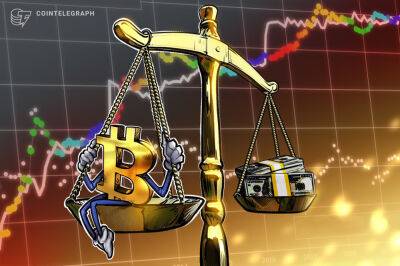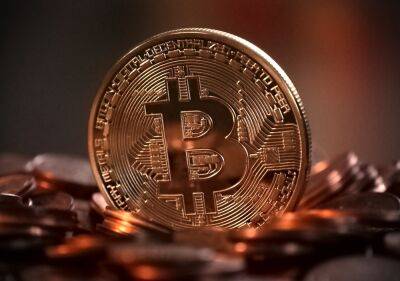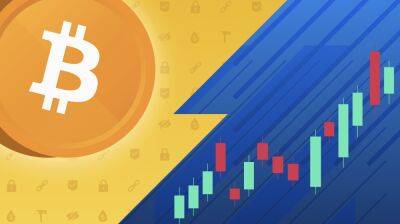Bitcoin margin long-to-short ratio at Bitfinex reach the highest level ever
Sept. 12 will leave a mark that will probably stick for quite a while. Traders at Bitfinex exchange vastly reduced their leveraged bearish Bitcoin (BTC) bets and the absence of demand for shorts could have been caused by the expectation of cool inflation data.
Bears may have lacked confidence, but August's U.S. consumer price index (CPI) came in higher than market expectations and they appear to be on the right side. The inflation index, which tracks a broad basket of goods and services, increased 8.3% over the previous year. More importantly, the energy prices component fell 5% in the same period but it was more than offset by increases in food and shelter costs.
Soon after the worse-than-expected macroeconomic data was released, U.S. equity indices took a downturn, with the tech-heavy Nasdaq Composite Index futures sliding 3.6% in 30 minutes. Cryptocurrencies accompanied the worsening mood, and Bitcoin price dropped 5.7% in the same period, erasing gains from the previous three days.
Pinpointing the market downturn to a single inflationary metric would be naive. A Bank of America survey with global fund managers had 62% of respondents saying that a recession is likely, which is the highest estimate since May 2020. The research paper collected data on the week of Sept. 8 and was led by strategist Michael Hartnett.
Interestingly, as all of this takes place, Bitcoin margin traders have never been so bullish, according to one metric.
Margin trading allows investors to leverage their positions by borrowing stablecoins and using the proceeds to buy more cryptocurrency. On the other hand, when those traders borrow Bitcoin, they use the coins as collateral for shorts, which means they are betting on a price decrease.
That is why
Read more on cointelegraph.com













![Bitcoin [BTC]’s bull and bear tug-of-war may have traders waiting for a long time](https://finance-news.co/storage/thumbs_400/img/2022/9/16/41110_frv8p.jpg)









